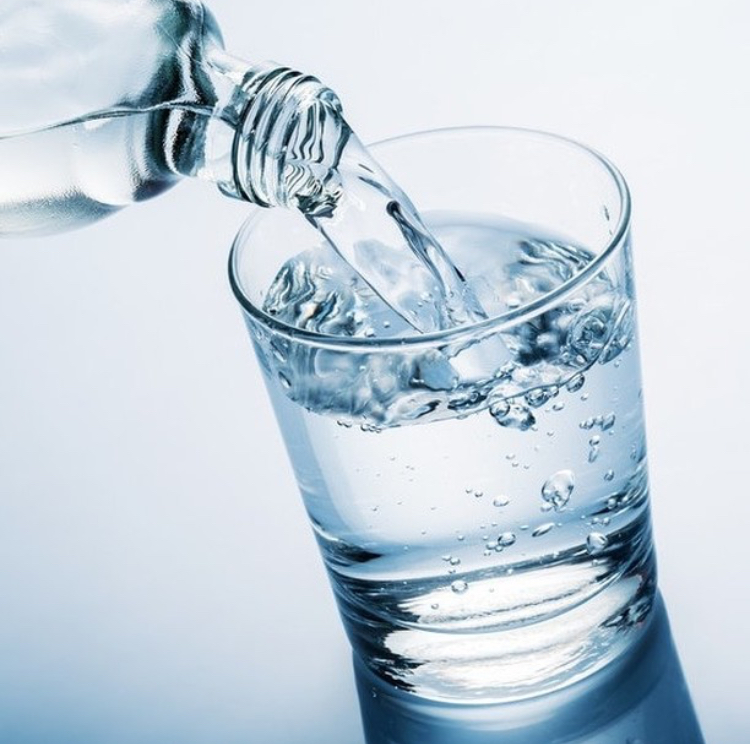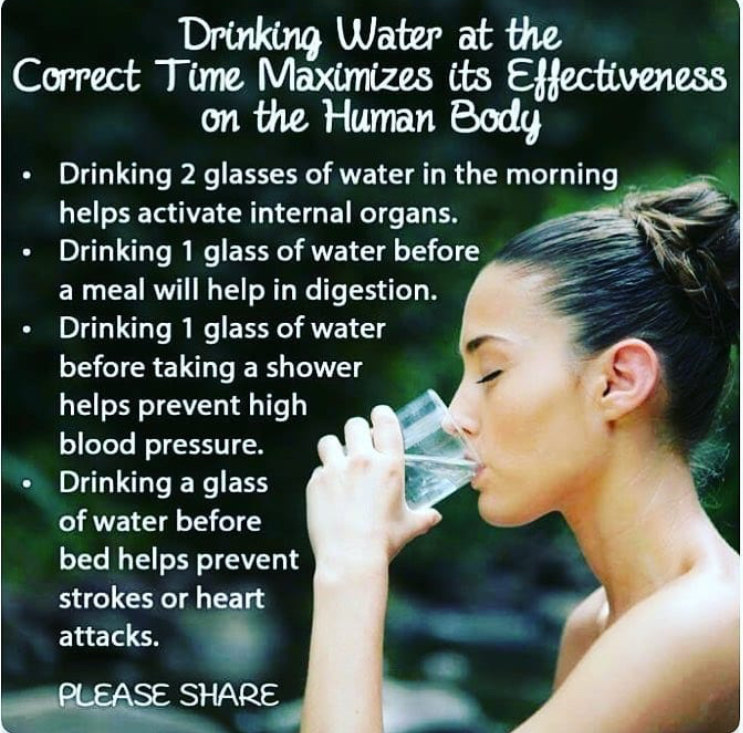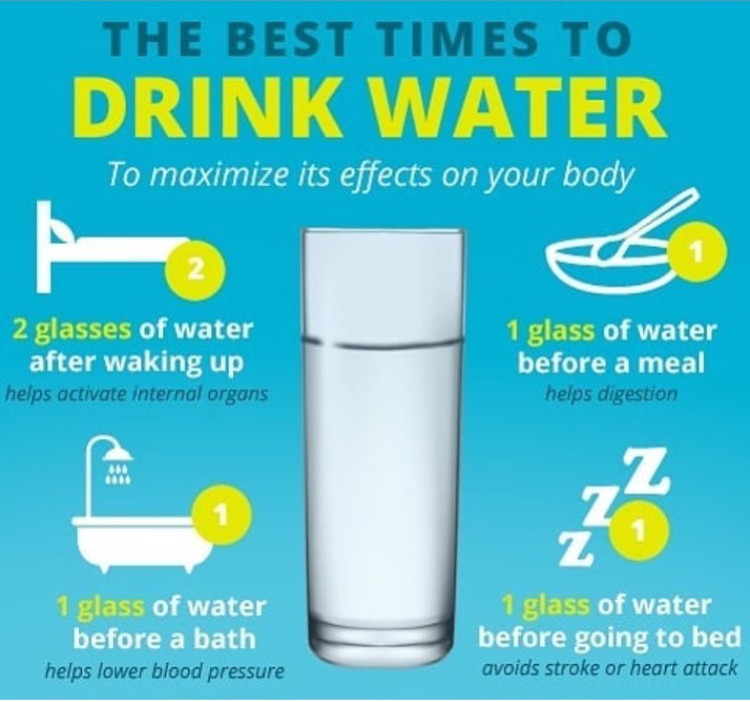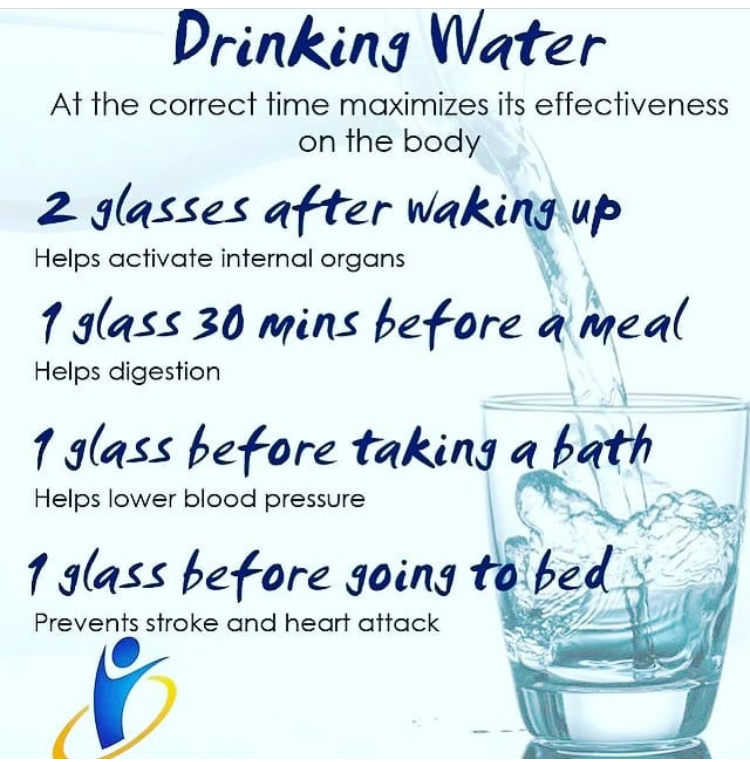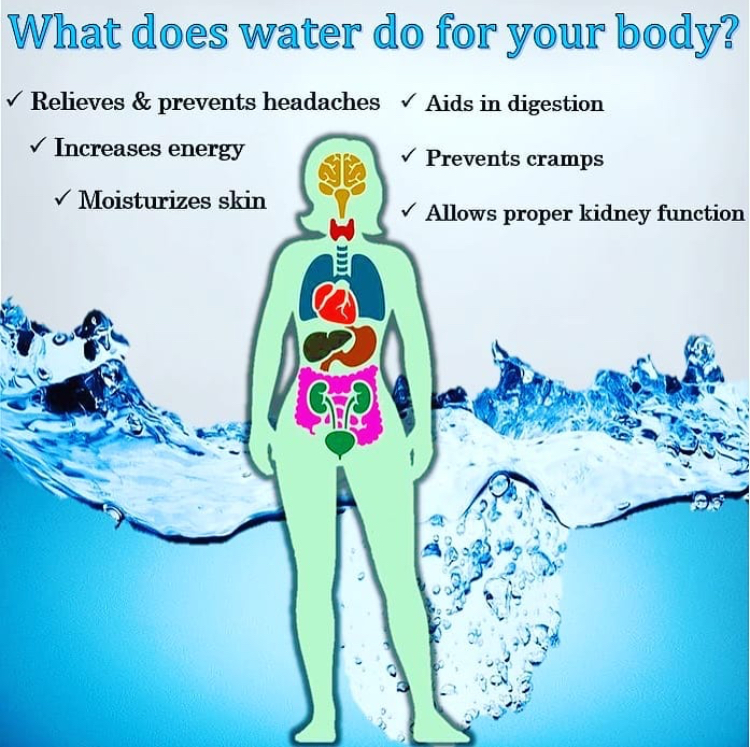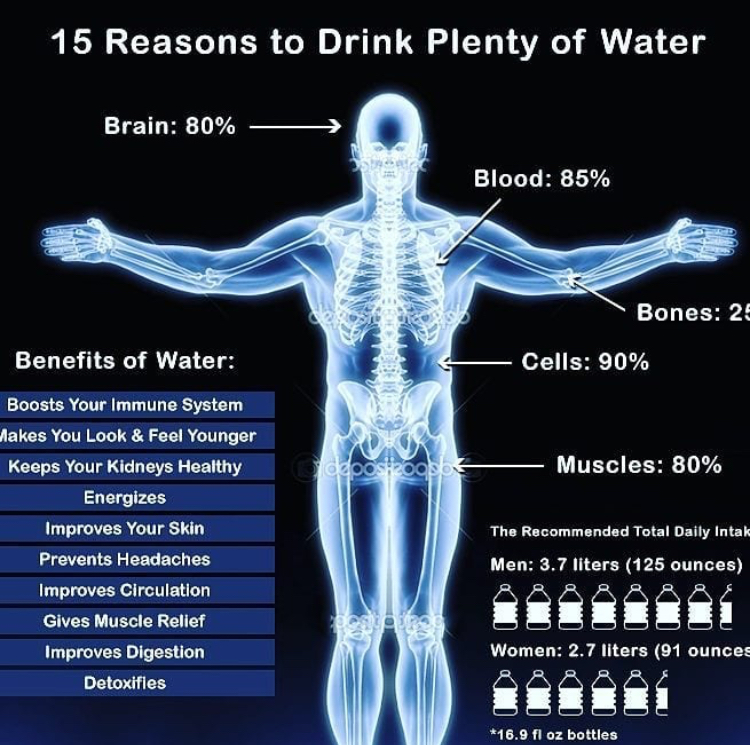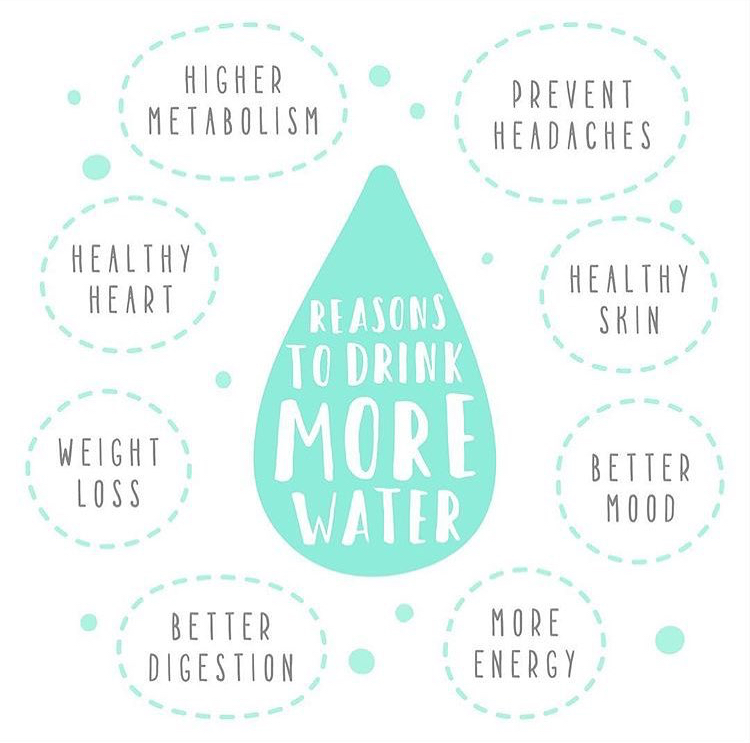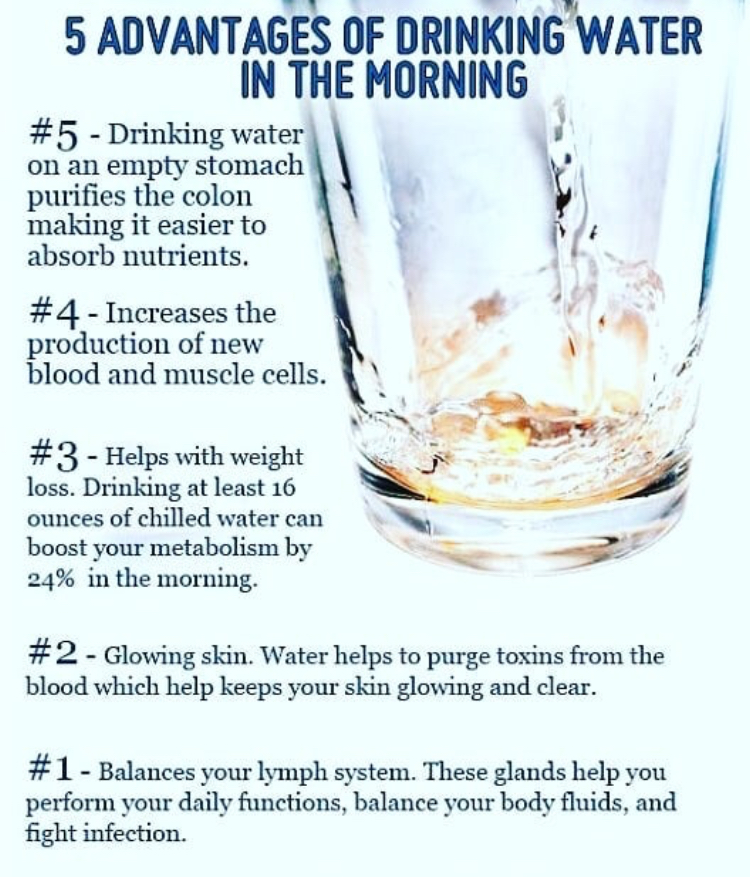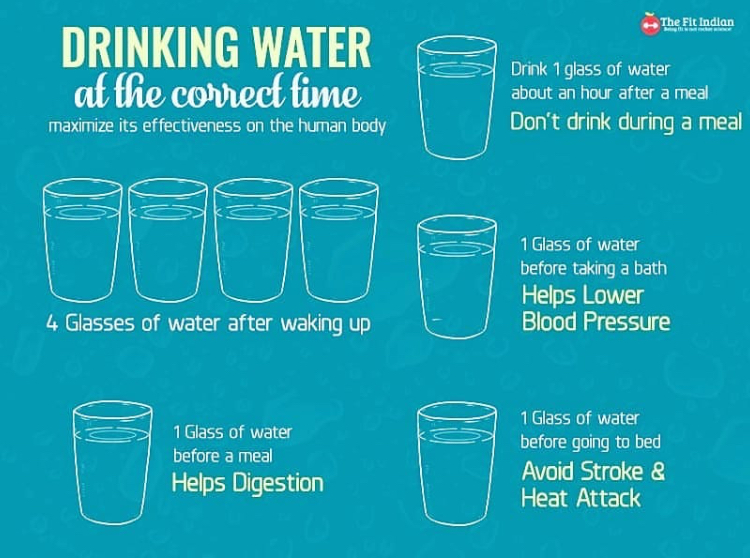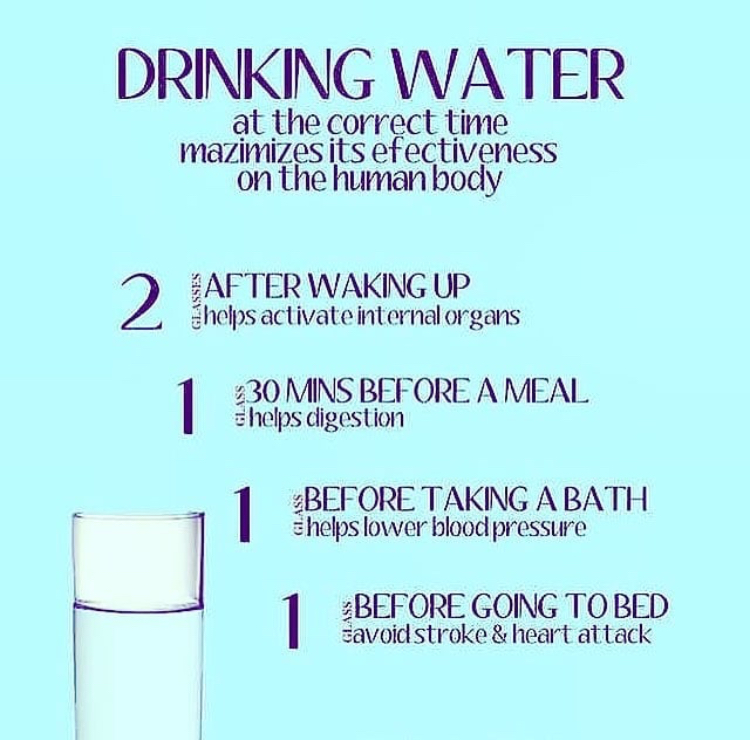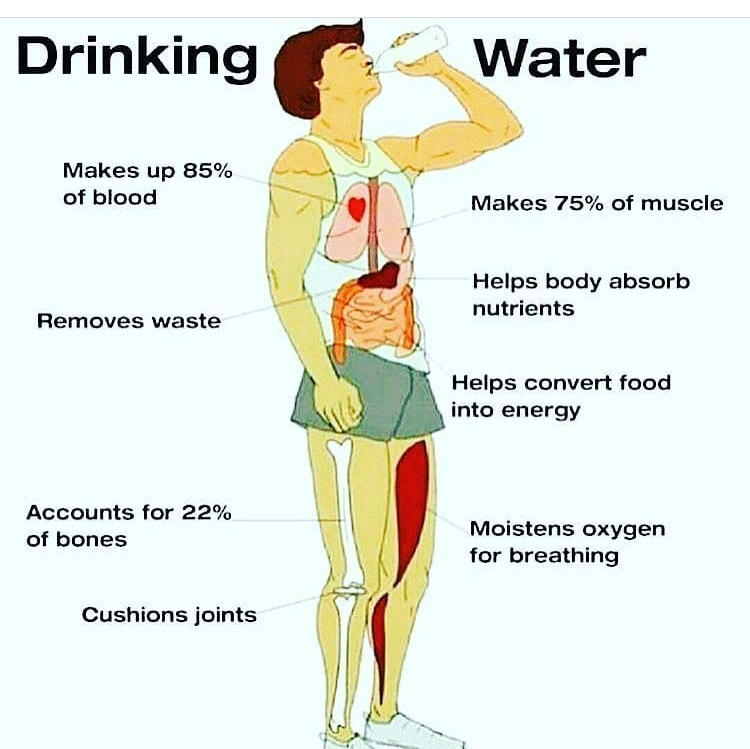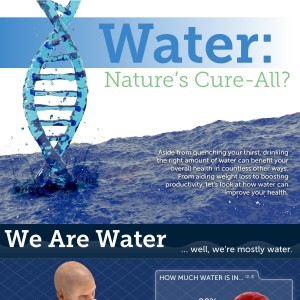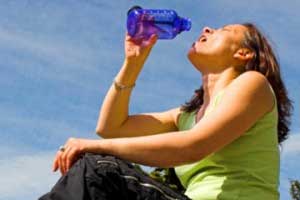In a long-term survival situation, having access to a varied and balanced diet may be challenging. This is where vitamin supplements can come in handy, helping to ensure that you get the nutrients you need to stay healthy. But with so many options available, it can be difficult to know which supplements to choose.
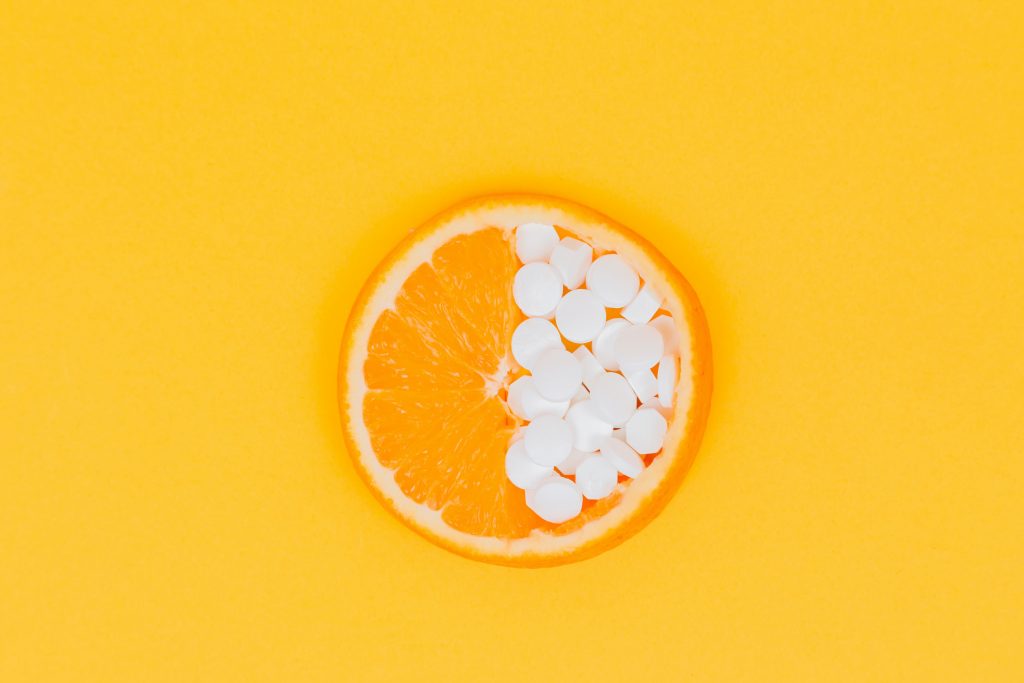
Here’s a guide to the essential vitamin supplements you should consider storing for long-term survival:
- Vitamin C: Vitamin C is an essential nutrient that plays a vital role in supporting the immune system, collagen production, and the absorption of iron. It’s also a potent antioxidant that helps protect cells from damage. In a survival situation, getting enough vitamin C can be challenging, so it’s a good idea to have a supply of vitamin C supplements on hand.
- Vitamin D: Vitamin D is essential for the absorption of calcium, which is needed for strong bones and teeth. It’s also important for immune function and the regulation of blood pressure. In a survival situation, getting enough vitamin D can be difficult because it’s primarily synthesized by the body when the skin is exposed to sunlight. If you’re unable to get enough sunlight, storing a supply of vitamin D supplements can help ensure that you get enough of this essential nutrient.
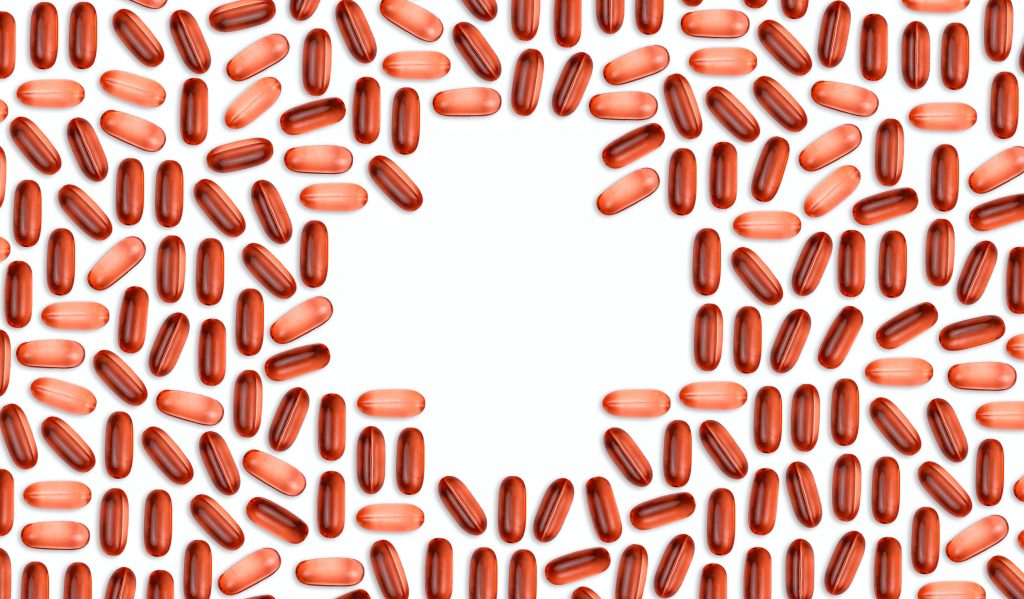
- Multivitamins: A multivitamin is a combination of essential vitamins and minerals that can help fill in any gaps in your diet. In a survival situation, a multivitamin can help ensure that you get all the nutrients you need to stay healthy. Look for a multivitamin that includes vitamins A, C, D, and E, as well as the B vitamins and minerals like iron, calcium, and zinc.
- Omega-3 supplements: Omega-3 fatty acids are essential for good health and are important for brain function, heart health, and immune function. They’re also anti-inflammatory, which can help reduce the risk of chronic diseases. In a survival situation, it may be difficult to get enough omega-3s from your diet, so storing a supply of omega-3 supplements can be a good idea.
- Probiotics: Probiotics are live bacteria and yeast that are beneficial for gut health. They help balance the bacteria in the gut and support the immune system. In a survival situation, it may be difficult to get enough probiotics from your diet, so storing a supply of probiotic supplements can be a good idea.
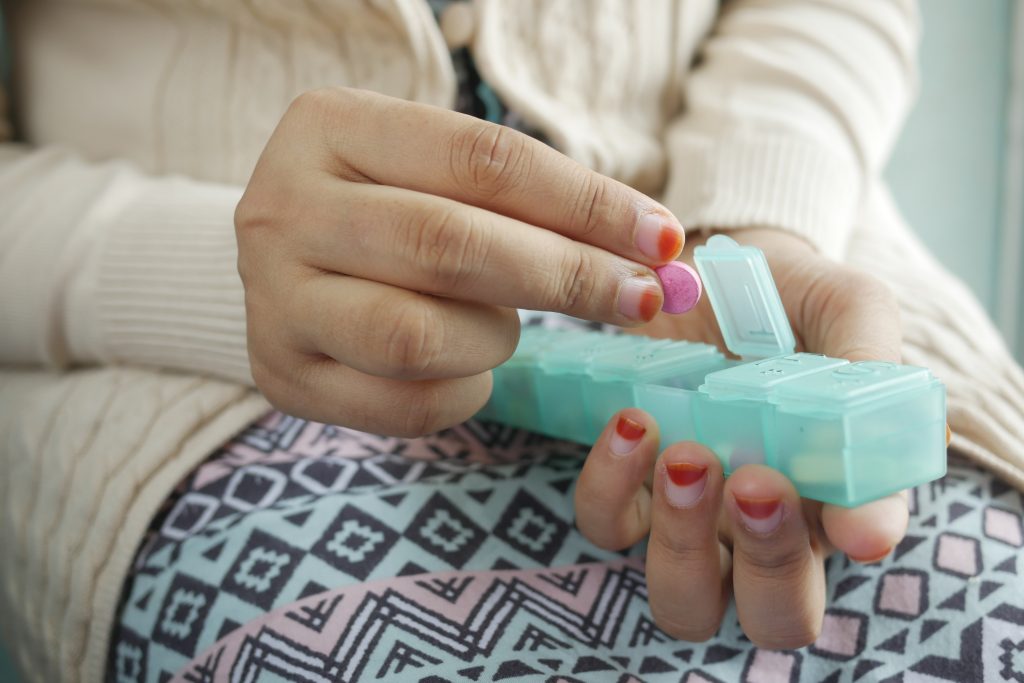
By storing these essential vitamin supplements, you’ll have a supply of nutrients to help you stay healthy in a long-term survival situation. It’s important to remember that supplements should not be a replacement for a varied and balanced diet, but they can help fill in any gaps and ensure that you get the nutrients you need.

